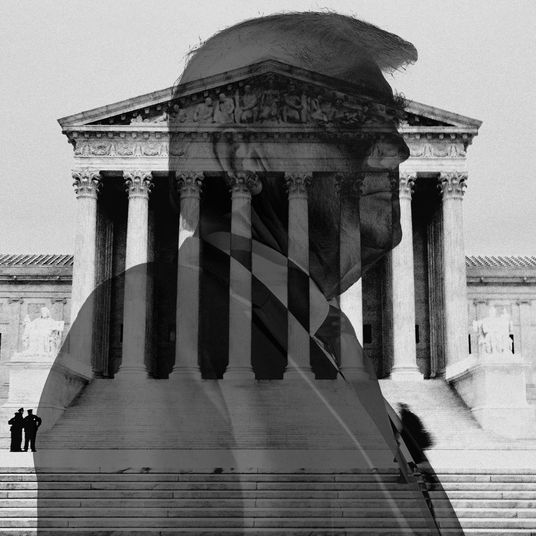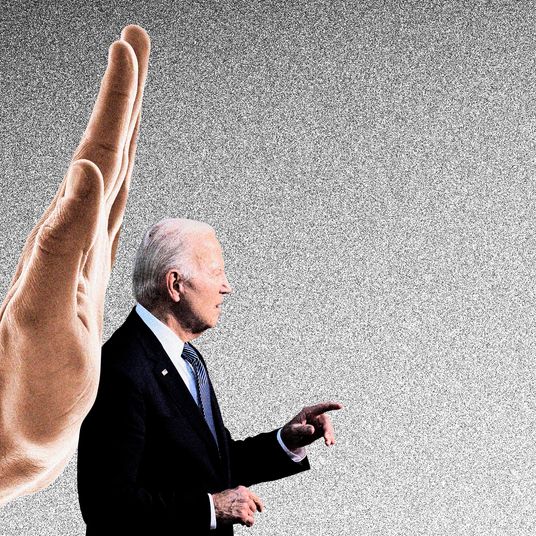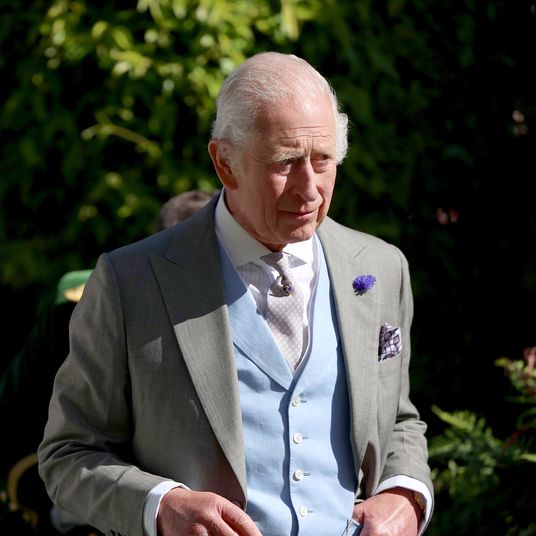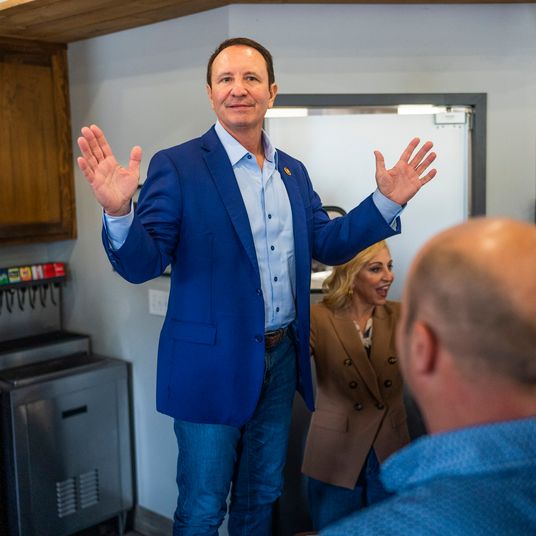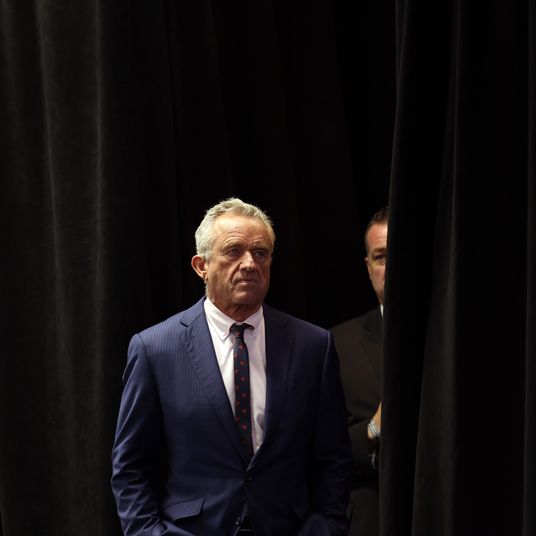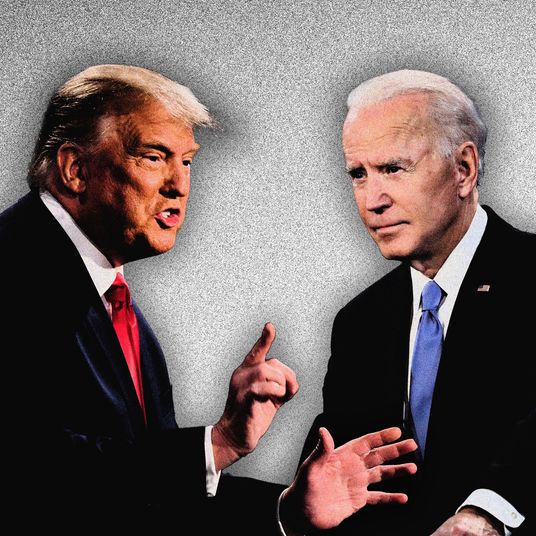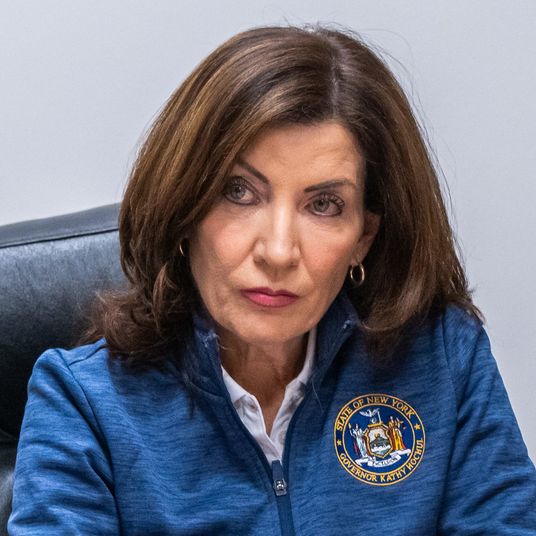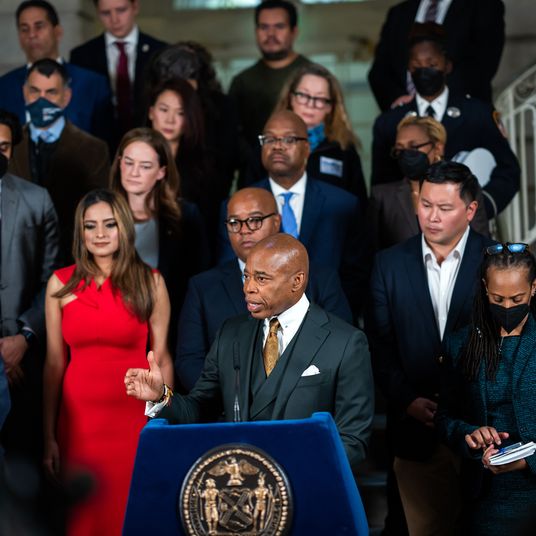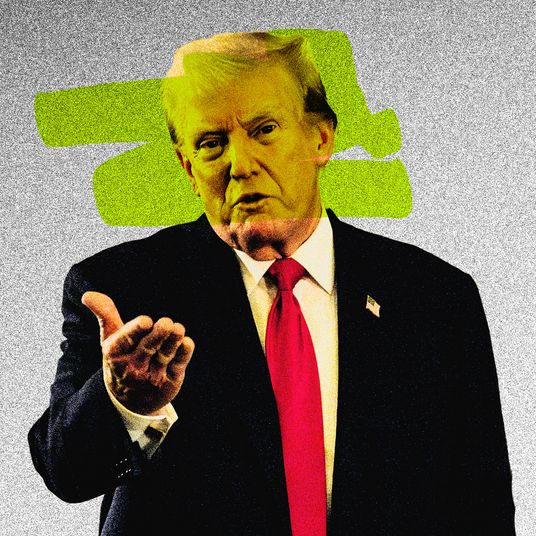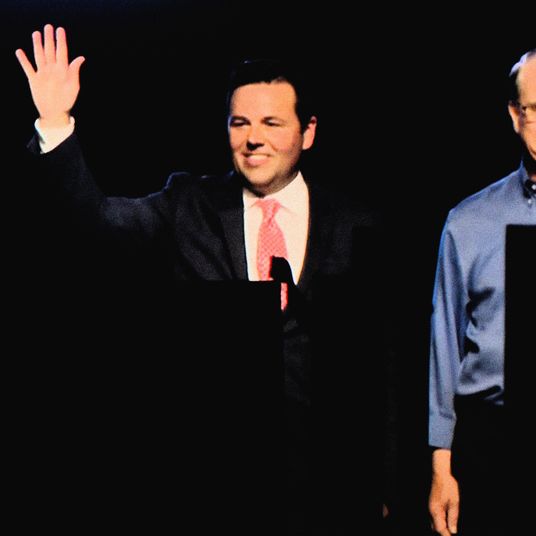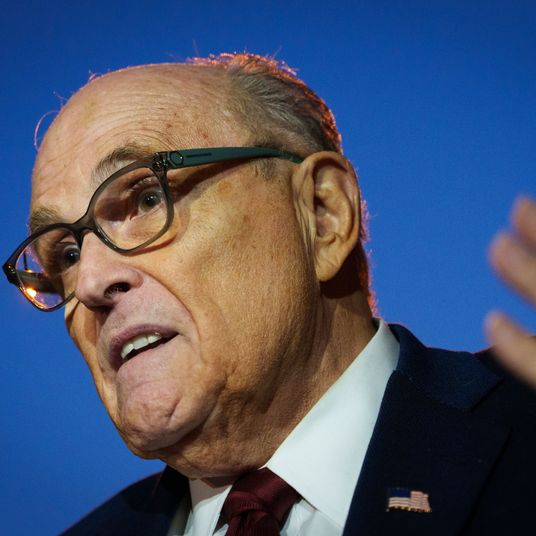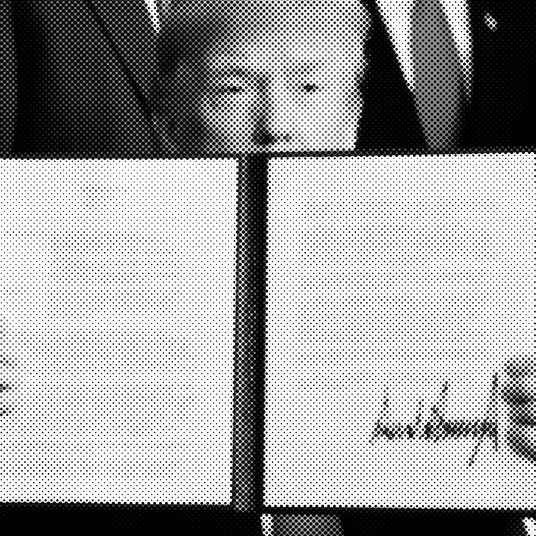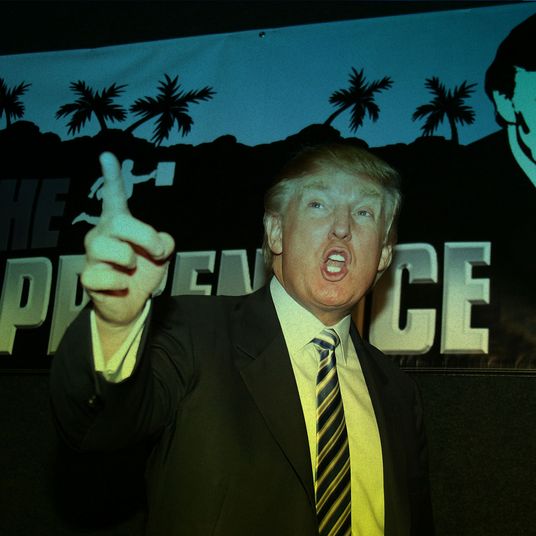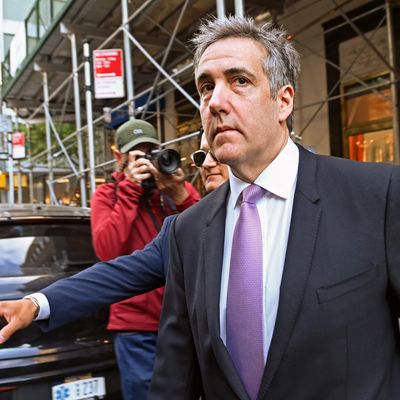
It took 15 days for Michael Cohen to outlive his usefulness to the Democratic Party.
In an interview with New York published Saturday, Cohen said that he plans to challenge Jerry Nadler in the 2026 Democratic primary for New York’s 12th congressional seat. “He’s been in office 30 years,” Cohen said. “We thank him for his service, but it’s enough already.”
Cohen would have run in the 2024 election, he said, but he had been too preoccupied with Donald Trump’s criminal trial, where he served as star witness for the prosecution, and he missed the cutoff to enter. Instead, he plans to formally declare his candidacy the day after Election Day, November 6, two years before the contest. “I have it all figured out,” he said. He was working on potential slogans, he added, and claimed to have already bought the web domain cohenforcongress.com (which seems unlikely, since it is the active website for congressman Steve Cohen of Tennessee).
The ranking member of the House Judiciary Committee, Nadler had, like many Democratic officials, celebrated the New York jury’s decision to find former President Trump guilty of 34 counts of falsifying business records related to a $130,000 hush money payment to Stormy Daniels ahead of the 2016 election. Upon the verdict, Nadler said Trump had been “justly convicted of election interference,” a characterization of the case borrowed from Manhattan DA Alvin Bragg that has become the Democratic Party’s house style. “He can no longer escape the consequences of his actions,” Nadler said, “Our nation will not tolerate his attempts to hide his crimes from voters and subvert our elections.”
During a hearing on rules for debate on a resolution to hold Attorney General Merrick Garland in contempt for refusing to turn over audio of President Biden’s interview with Special Counsel Robert Hur about his handling of classified documents, Nadler brought his glee over Trump’s guilt to the House floor. “This resolution may boost Donald Trump’s spirits before his sentencing for his conviction of 34 felonies,” he said, “but it will certainly not convince the Department of Justice to produce the one remaining file in question.” When Ralph Norman, a Republican from South Carolina and member of the Freedom Caucus, used the hearing to complain that Trump had been convicted “by a judge that is a known anti-Trumper,” Nadler shot back to correct him. “By a jury,” he said.
The outcome of the trial that so pleased Nadler had depended on Cohen. The prosecution needed the jury to believe that while their witness had not behaved in a credible manner in the past, he was credible now. The defense needed the jury to believe that Cohen couldn’t be trusted because he was a con man who stole from his boss and lied his way into his own felony convictions and people like that don’t change. Trump’s lead counsel, Todd Blanche, called him “the GLOAT,” the Greatest Liar of All Time.
Trump’s conviction, then, was also an official ruling on Cohen’s character. He had been redeemed, and through his redemption, five months before Election Day, he had handed the Democratic Party a gift: the leader of the Republican Party was now a felon. A small number of Trump voters had told pollsters that a criminal conviction might change their minds about their support.
If you hated Trump, you had to love Cohen.
When Nadler responded to the news that Cohen planned to challenge him for the Democratic nomination, he sided with Trump’s defense.
“What a great country America is. Anyone can run for Congress — even con men,” Nadler said in a statement. “I put my record of accomplishments against anyone, including Donald Trump’s disgraced former fixer Michael Cohen.”
Inimicus meus, inimicus inimici mei, in this case.






